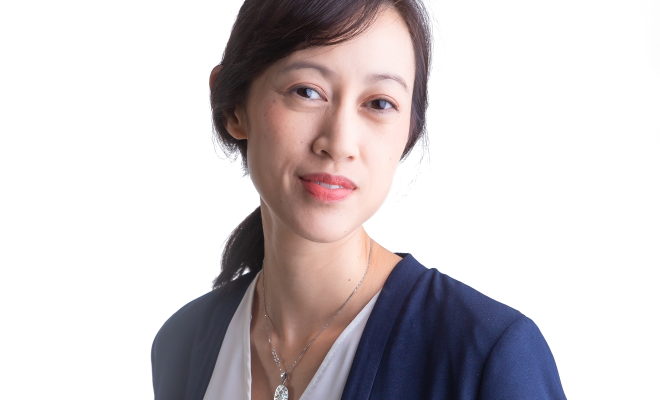
Health x Wellness
Should I keep to my child’s vaccination schedule during the CB?
As we look at an extended Circuit Breaker lasting until 1 June due to COVID-19, authorities continue to advise individuals to stay home as much as possible.
What if you are a parent who wants to ensure that your child’s essential vaccinations are kept up-to-date?
Child vaccinations are classified as an essential service during the circuit breaker period. However, given current restrictions in place, parents may find themselves reluctant to venture out of the home to the paediatrician’s clinic for their child’s vaccinations.
SBCC, a healthcare chain under the Healthway Medical Group that takes care of women’s and children’s medical needs continues to offer routine childhood vaccinations. Consultations are conducted by SBCC’s child specialists or paediatric consultants, and all services offered are aligned with Singapore’s Ministry of Health and the global Centres for Disease Control and Prevention.
The Active Age checks in with Dr Alison Lee from SBCC Baby & Child Clinic about keeping to vaccination schedules, and about whether delaying the vaccination makes sense during Circuit Breaker.
the Active Age (AA): Should you still get your children vaccinated during this Covid-19 pandemic?
Dr. Alison Lee (AL): Yes, children should definitely get their routine vaccinations done in order to prevent an outbreak of other infectious diseases such as whooping cough and measles, which remain a constant risk regardless of whether there is Covid-19 or not.
It can take about four to six weeks to attain peak immunity after vaccination, so even during this period of social isolation, routine childhood immunisations should not be delayed.
AA: What are the vaccinations that parents should prioritise during this period?
AL: Children in Singapore are encouraged to get vaccinated based on the immunisation schedule set by the Ministry of Health (MOH) and the type of vaccinations vary according to age. Thus, parents should prioritise their child’s vaccinations according to their age group.
In Singapore, the important vaccines to get are:
- From 0-6 months: Hepatitis B, Pneumococcal, the combined ‘5-in-1’ or ’6-in-1’ vaccines which protect against whooping cough (pertussis), polio, tetanus, diptheria and haemophilus influenza B.
- From 12-18 months: MMR vaccine (Measles, Mumps and Rubella) and again the pneumococcal and 5-in-1 booster vaccines are important. Chickenpox vaccine can be optionally given as combined vaccine with MMR.
- The Influenza vaccine is important for children with chronic diseases such as asthma and neurological conditions such as cerebral palsy. For this, you should seek your physician’s advice.
Other optional but recommended vaccines include Hepatitis A, Chickenpox, Influenza for those without chronic conditions, and meningococcal vaccines.
During the circuit breaker however, these should be deferred until after the situation has improved. It is okay to get the chickenpox vaccine in combination with the MMR.
AA: Could you share more about the follow-up care for your children after they get vaccinated? What should you do if they develop fever after, or have mild reactions from the vaccine?
AL: Fever, fussiness and mild pain over the injection site are the most common side effects after immunisations.
These symptoms do not last more than 24 – 48 hours. Should your child get a fever more than 37.8°C, you can give paracetamol. For children above 1 years old with fever above 38.5°C you can consider giving ibuprofen as well.
Be sure to follow the dosing prescribed by the doctor. If you do not have fever medicines at home, you can do tepid sponging. A trial of paracetamol can also be given if your child is fussy or injection site pain.
It is always recommended that you consult a medical professional if your child is unwell and you are unsure of what to do.
AA: What are some of the disadvantages to the child if parents opt to delay the vaccinations until after the circuit breaker period or later in the year?
AL: Even in the absence of the Covid-19 pandemic, it is important to ensure that your child’s vaccinations are kept up to date.
The likelihood of an outbreak of highly infectious diseases such as whooping cough and chickenpox will increase if there are larger numbers of un-vaccinated individuals, potentially resulting in a community outbreak. As these are vaccine-preventable diseases, parents should not delay these vaccinations.
In addition, it can take about four to six weeks to attain peak immunity after vaccination, so even during this period of social isolation, routine childhood immunisations should not be delayed









